EVERYBODY HAS A STORY
PREPARE TO BE INSPIRED
BLACK NARRATORS TELL THEIR STORIES ABOUT GROWING UP OR LIVING IN KENT COUNTY ON THE EASTERN SHORE OF MARYLAND. THEIR STORIES WILL MAKE YOU SMILE, CRY, LAUGH AND CRINGE. YOU WILL BE INSPIRED BY THEIR STRENGTH, WISDOM, RESOURCEFULNESS, RESILIENCE AND GRACE.
LISTEN TO THEIR STORIES
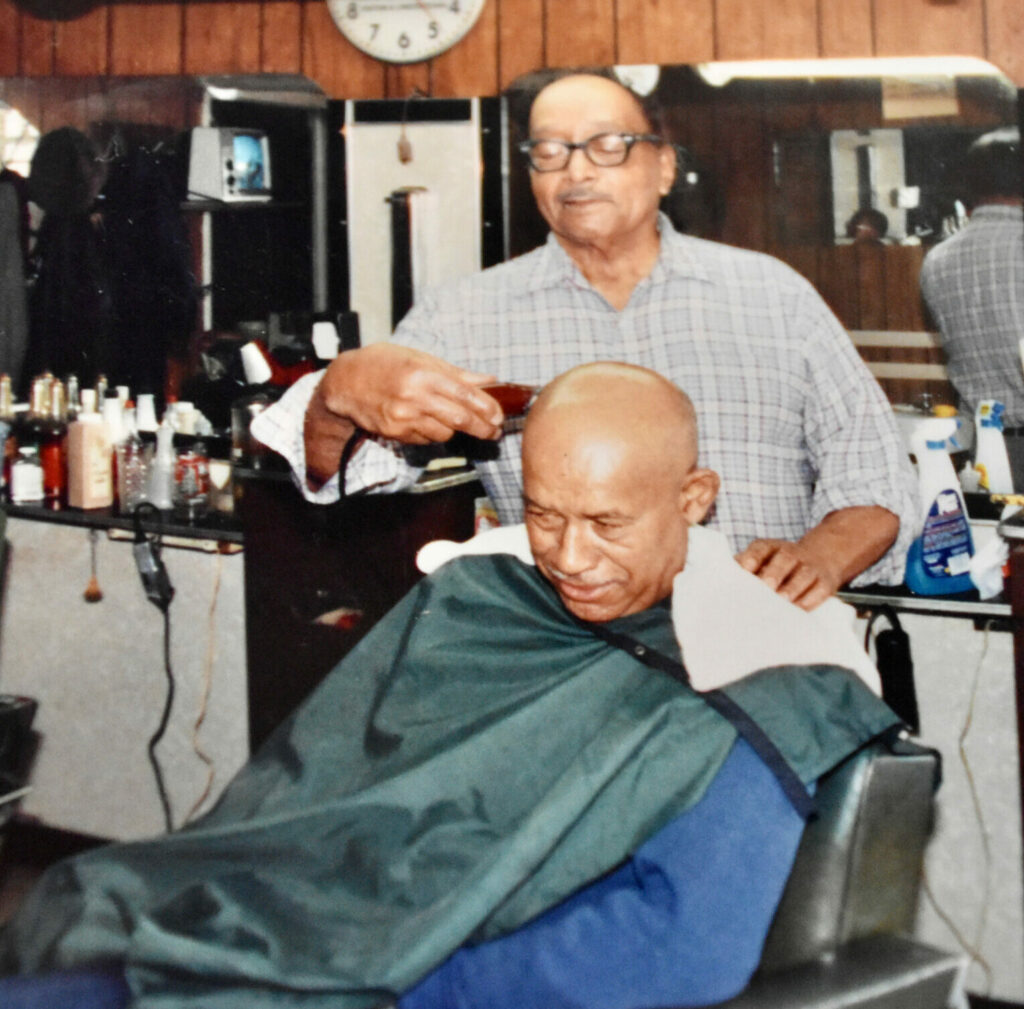
Celebrating Black Entrepreneurs
African American life in the 50’s and 60’s in Chestertown was bustling, and the black business owners at the time were the catalyst for that vitality.
Listen to Their Stories
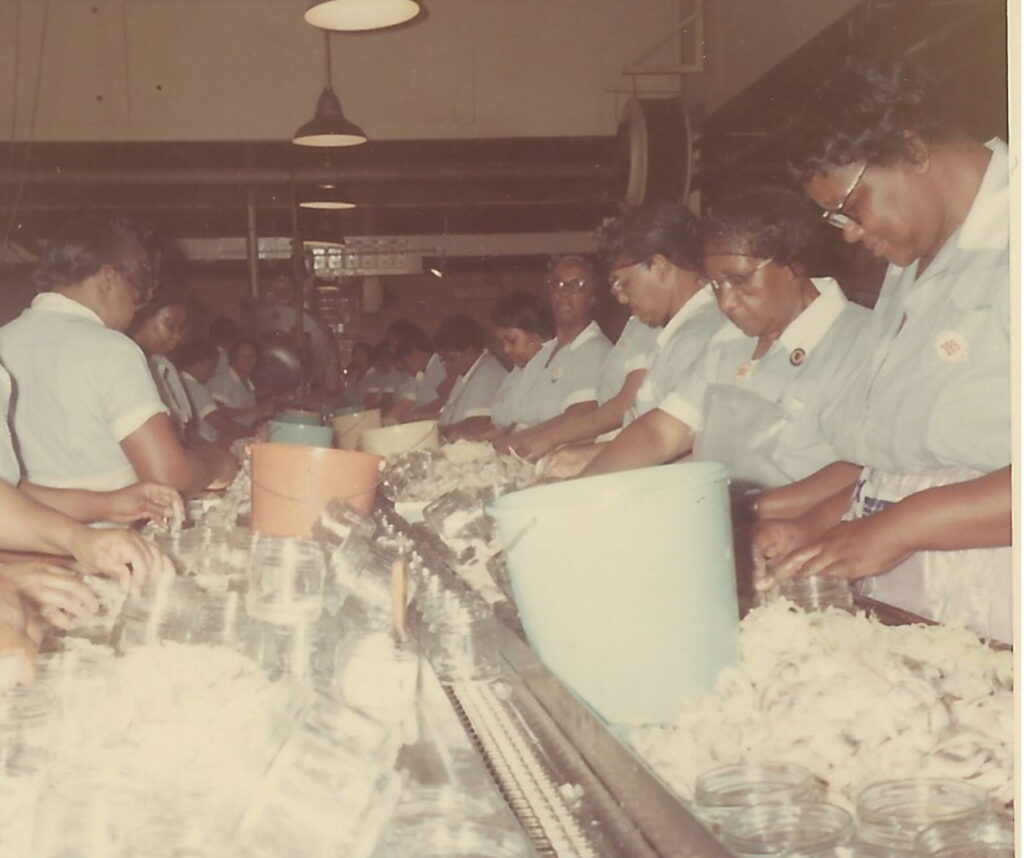
Working at Vita Foods
A Kent County canning and pickle plant employed hundreds of African Americans in the 40’s through early 70’s, some of whom share their experiences.
Listen to Their Stories
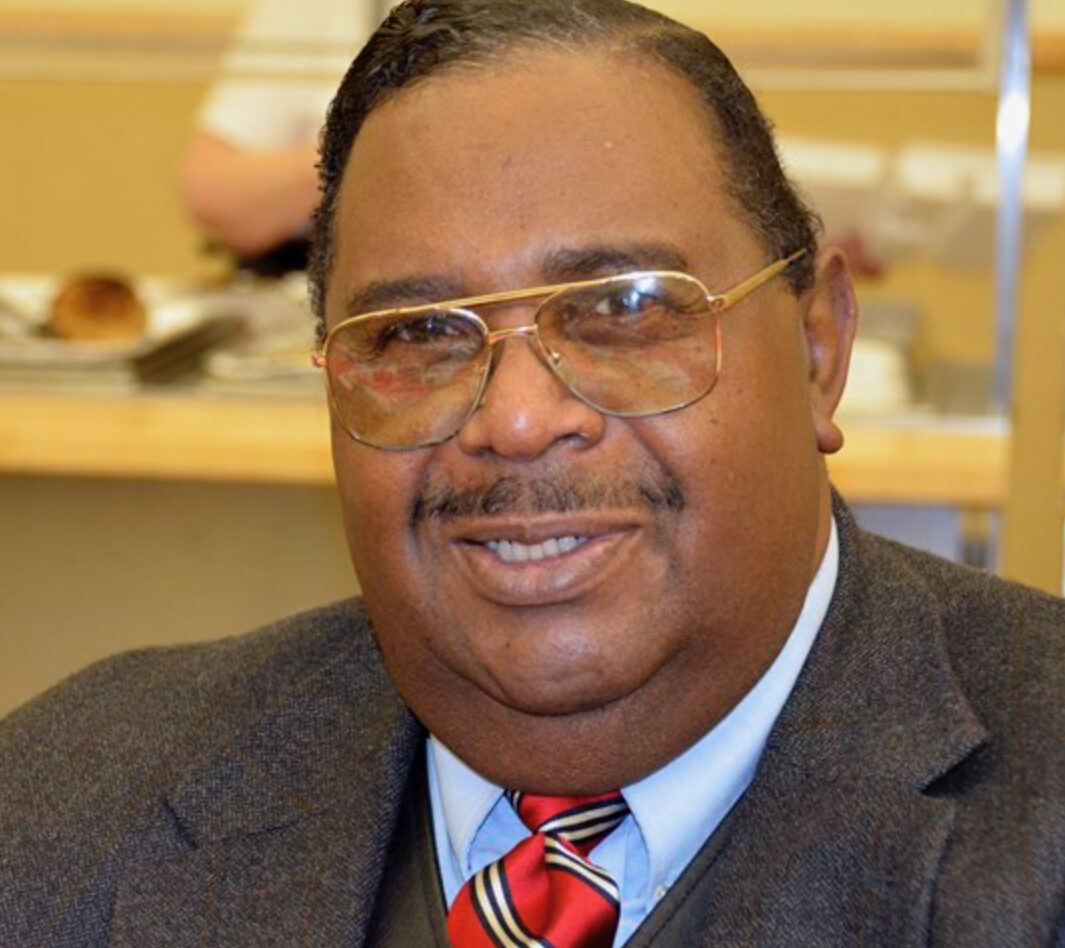
Life Stories
A dozen fabulous storytellers share their life growing up on the Eastern Shore.
Listen to Their Stories
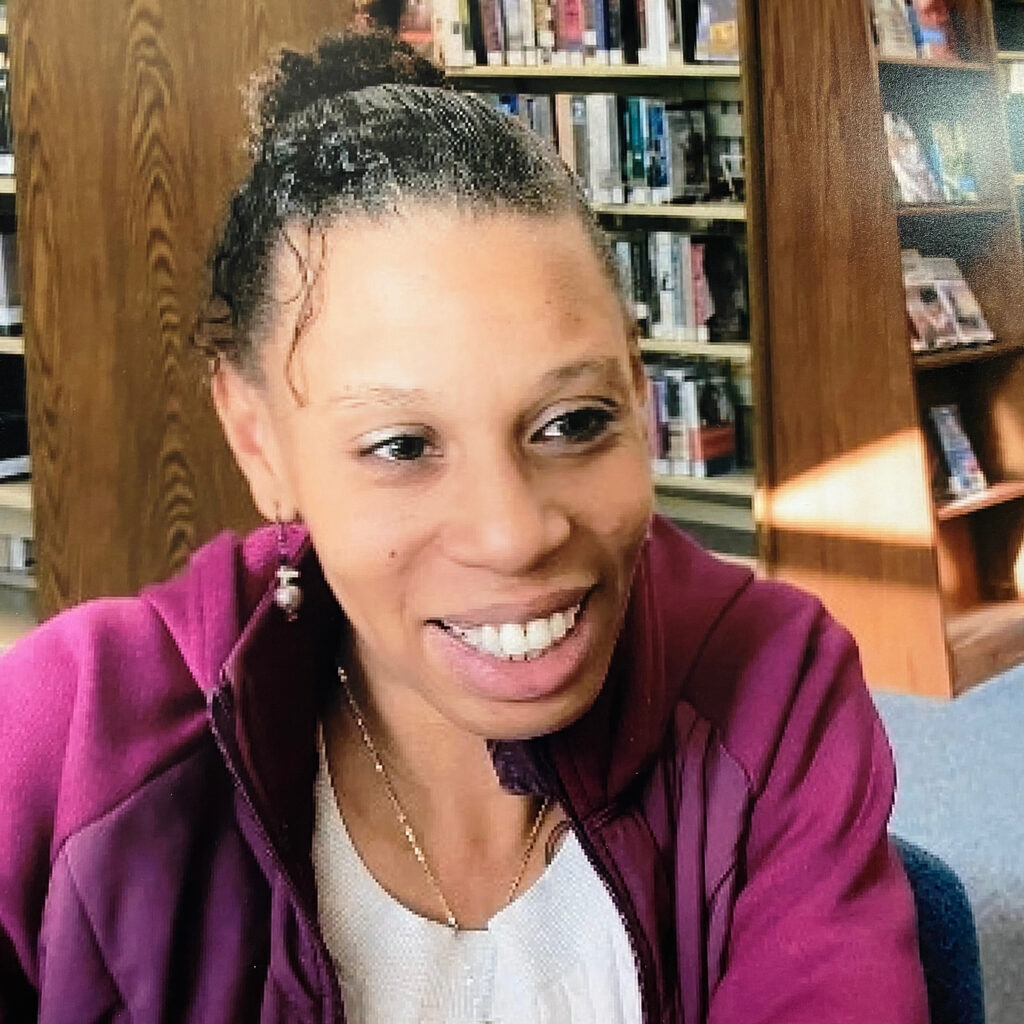
Amazing People
Ten amazing women and men who have been challenged by poverty in their lives but who are committed to creating a better life for themselves and their families share their stories.
Listen to Their Stories
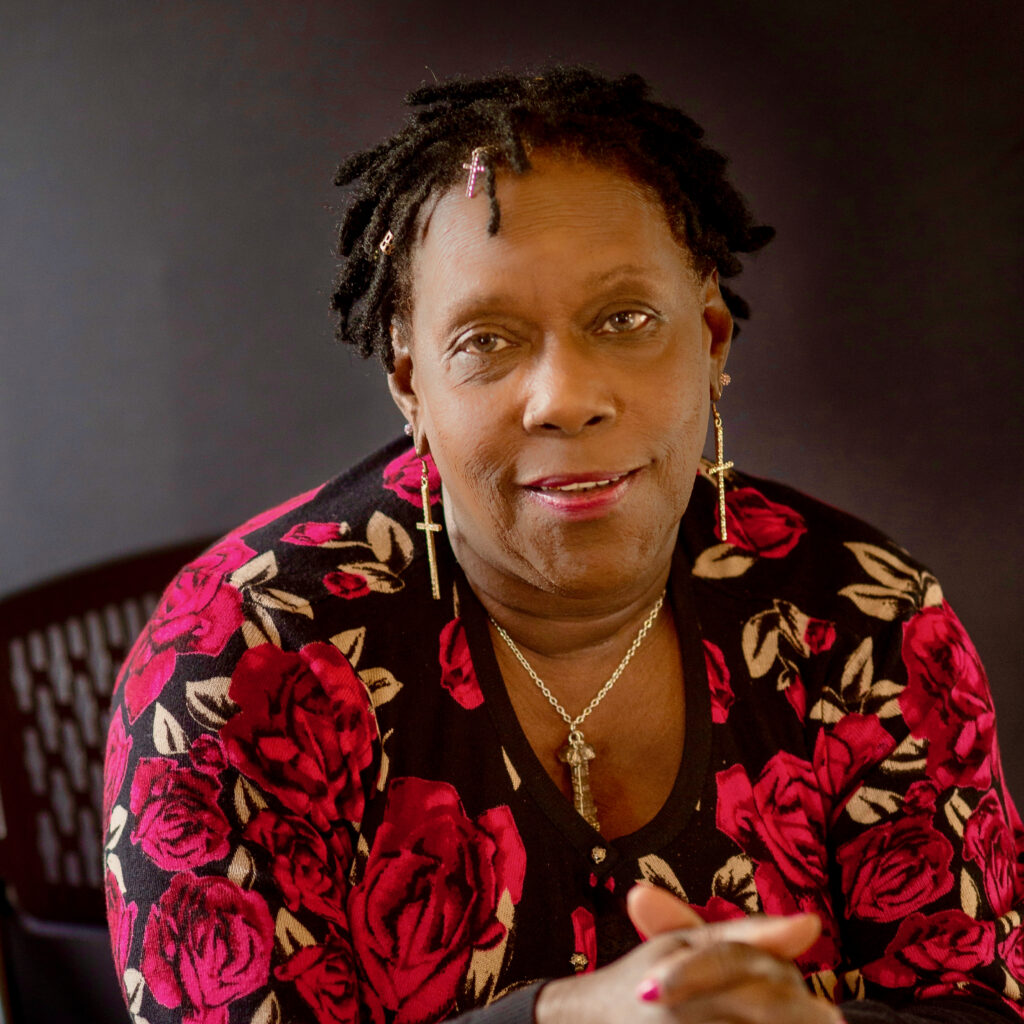
When Cannon Street Was Bustling
A poster exhibit remembering the Black businesses on Cannon Street in the 50’s and 60’s.
Read Their Stories
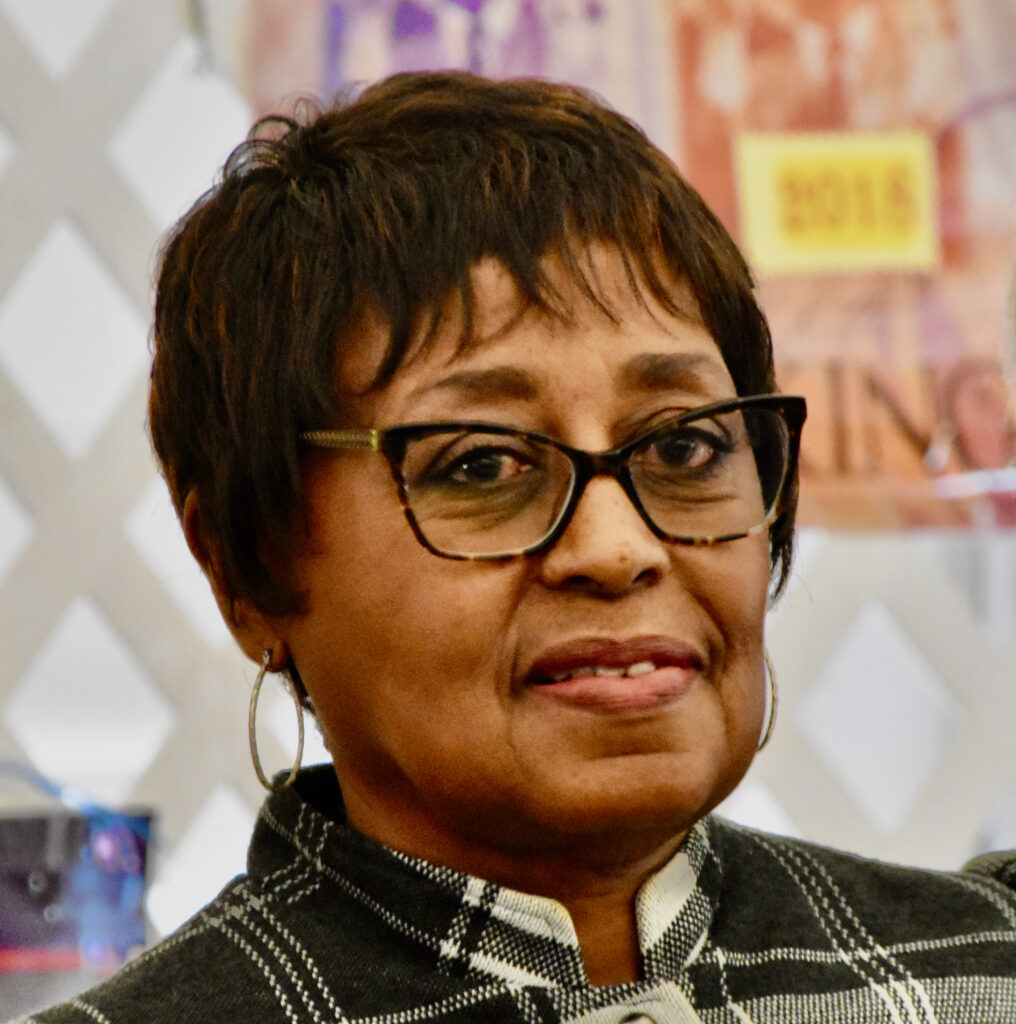
People Worth Knowing
A poster exhibit with portraits and quotes from Black Kent County current and past residents.
Read Their Stories
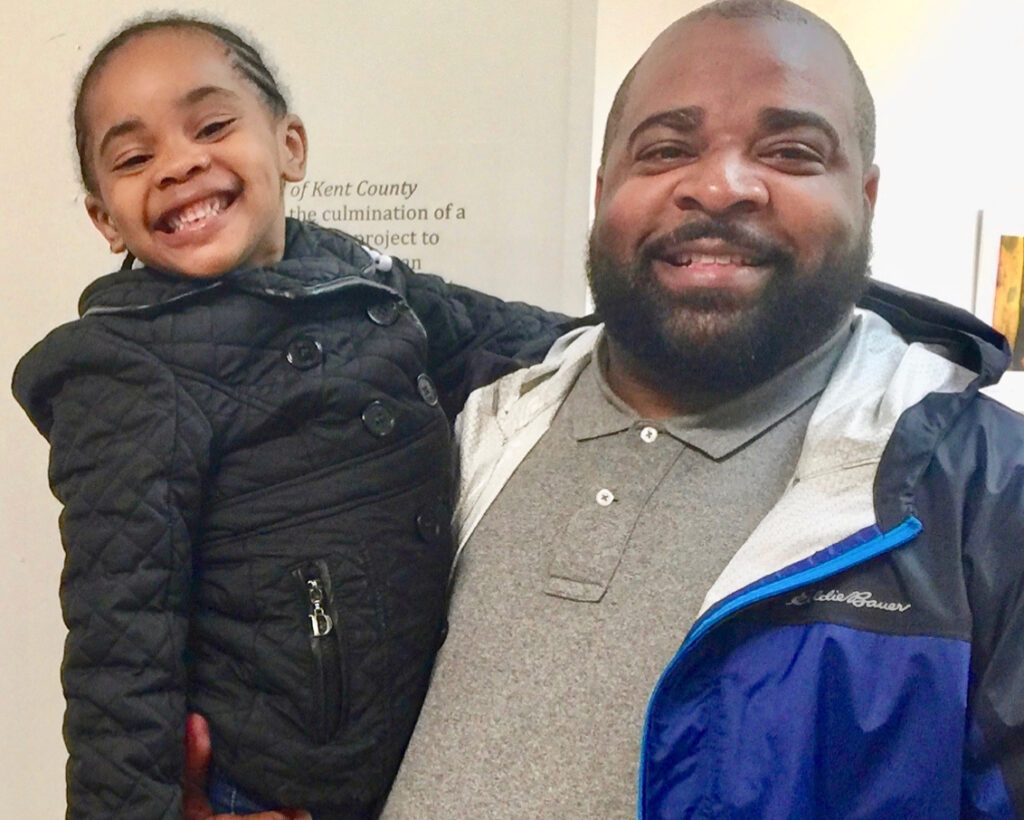
Humans of Kent County
A RiverArts sponsored exhibit series of posters that shared photos and short quotes from folks who lived or worked in Kent County.
Read Their Stories
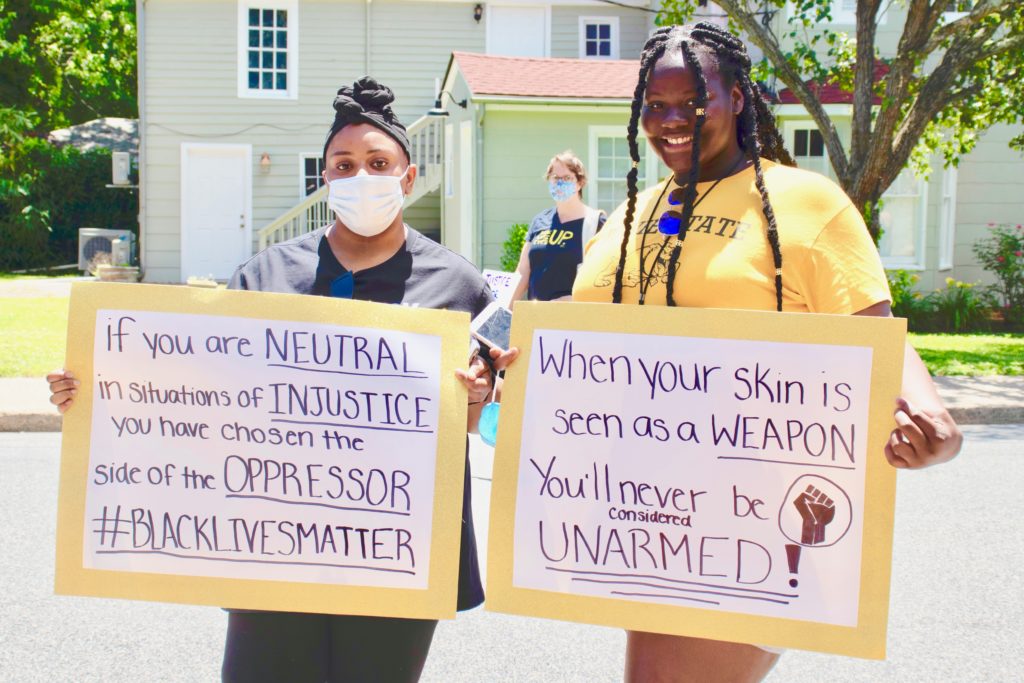
Take a Stand
Photos by Gordon Wallace of the march and painting of the Black Lives Matter murals in Chestertown.
View His Photographs

The Hidden Gem of Georgetown A Gordon Wallace short documentary about his connection with Georgetown.
View His Film